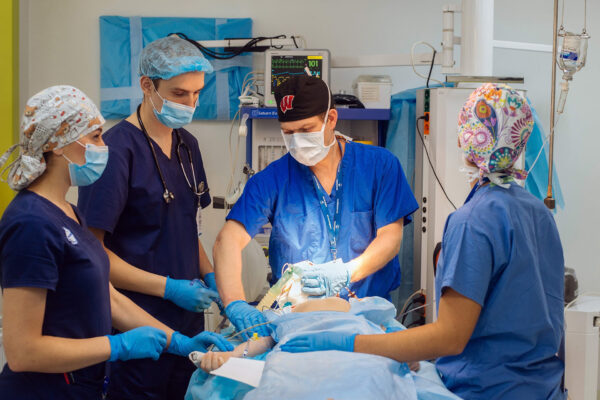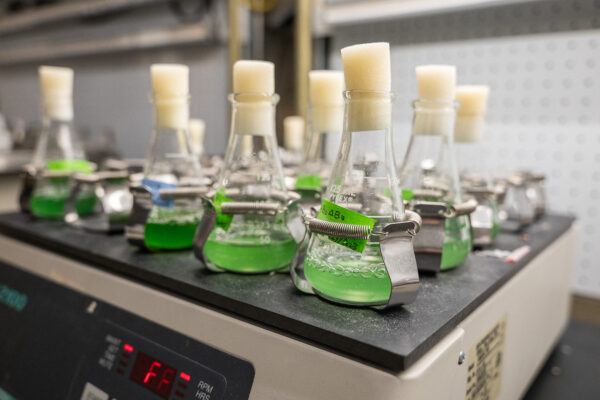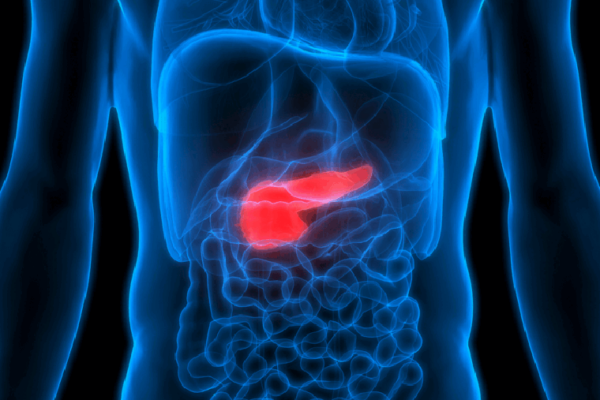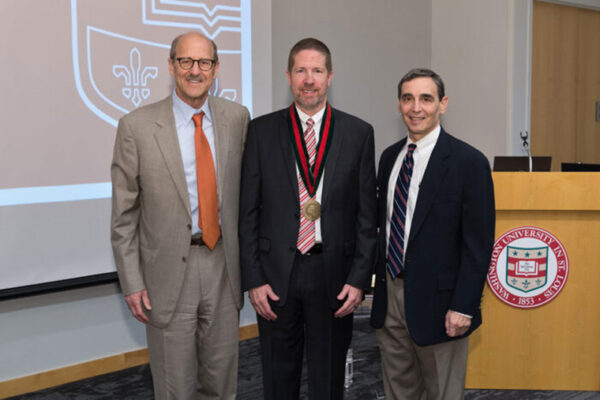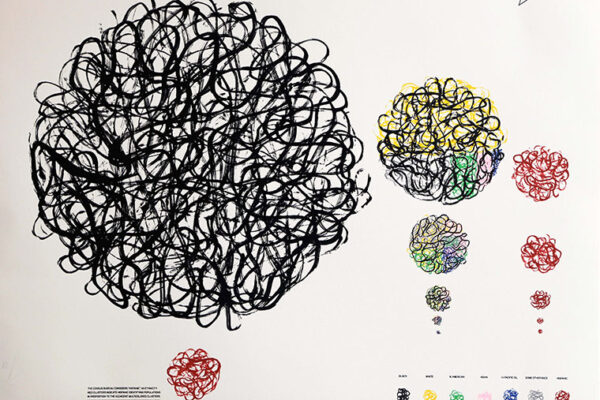Anesthesiologist volunteers with group that treats Ukrainian pediatric burn patients
Anesthesiologist Justin G. Knittel, MD, at the School of Medicine, volunteers for the nonprofit organization Doctors Collaborating to Help Children. The medical team provides care for Ukrainian children with burn injuries, and the need has grown since Russia’s invasion.
Grant funds green fertilizer research at WashU
Biologist Himadri Pakrasi in Arts & Sciences, who studies how cyanobacteria contribute to the chemistry of life, will lead a $5 million effort to develop technology to convert atmospheric nitrogen into fertilizer. Yinjie Tang and Yixin Chen at the McKelvey School of Engineering are co-investigators on the project.
St. Louis Fellows partner with local nonprofits, civic organizations to improve region
From dressing bullet wounds to analyzing biosolids to developing LGBTQ outreach plans for the Alzheimer’s community, St. Louis Fellows made many contributions to regional nonprofits this summer. The Gephardt Institute celebrated their efforts Oct. 18.
Antibiotic treatment in malnourished children improves gut microbiome development
A new study led by Gautam Dantas, at the School of Medicine, shows that the concerns of increasing antibiotic resistance have merit but that the long-term benefits may outweigh the short-term risks. The findings were published Oct. 19 in The Lancet Microbe.
AI for Health Institute launches to promote growing intersection of artificial intelligence, health
Washington University has launched the AI for Health Institute to design data-driven tools to characterize complex diseases, support clinical decisions and drive precision health. The institute was introduced at the AI & Digital Health Summit, held Oct. 18-19 at the university.
Biotech industry leader to helm WashU drug development accelerator
Shripad Bhagwat, a drug development expert with decades of experience in the pharmaceutical and biotech industries, has been named the inaugural senior director of the university’s Needleman Program for Innovation and Commercialization.
Pancreatic cancer research, clinical trials supported with $10.9 million NCI grant
Researchers at the School of Medicine have received a prestigious grant from the National Cancer Institute of the National Institutes of Health (NIH) to support research and clinical trials aimed at improving therapies for pancreatic cancer.
Timing of Hamas’ strike followed pattern, but no match for Israel’s military
Research by David Carter in Arts & Sciences suggests instability around the world and in the Middle East was likely a contributing factor in Hamas’ decision to attack Israel on Oct. 7.
Hunstad named inaugural Strauss Professor
David A. Hunstad, MD, a respected pediatric infectious diseases specialist and a national leader in pediatric research training, has been named the inaugural Arnold W. Strauss, MD, Endowed Professor for Mentoring at the School of Medicine.
‘Printing Black America’
Artist William Villalongo and data scientist Shraddha Ramani will discuss their ongoing collaboration “Printing Black America: W.E.B. Du Bois’s Data Portraits in the 21st Century” Oct. 24. As the Sam Fox School’s 2023-24 Arthur and Sheila Prensky Island Press Visiting Artists, the pair will create new works for the series based on St. Louis.
View More Stories
